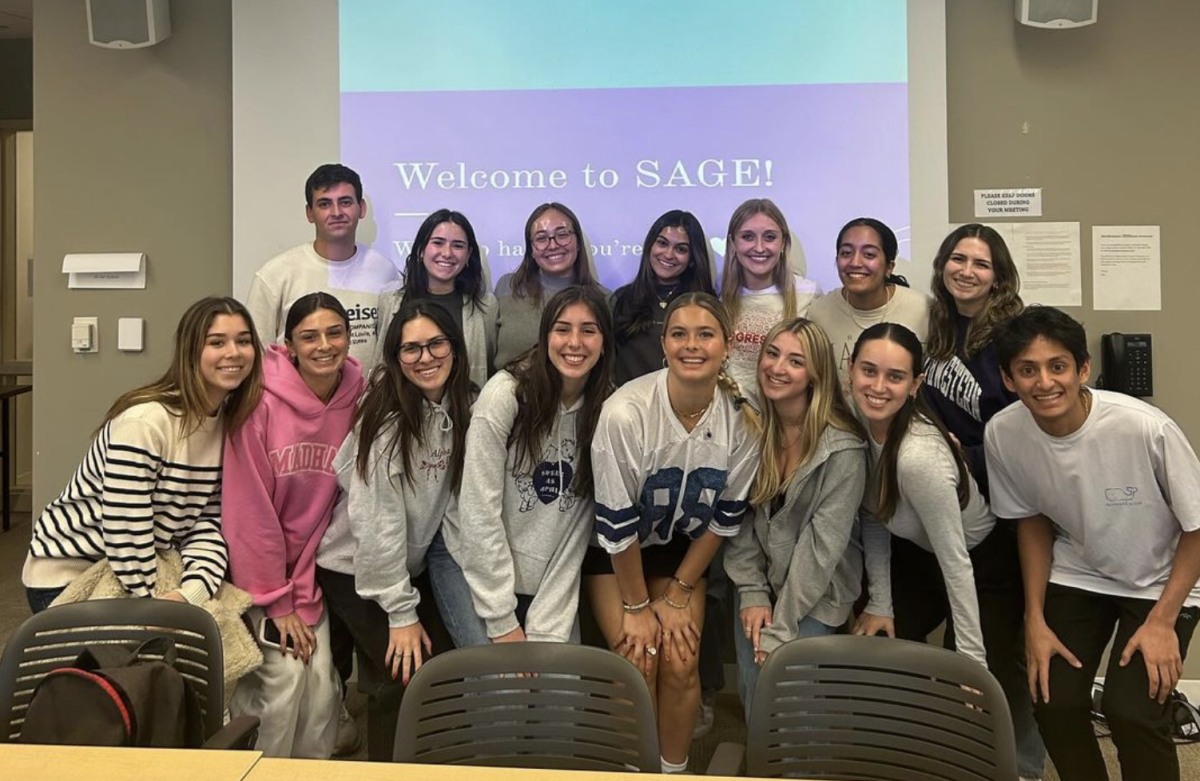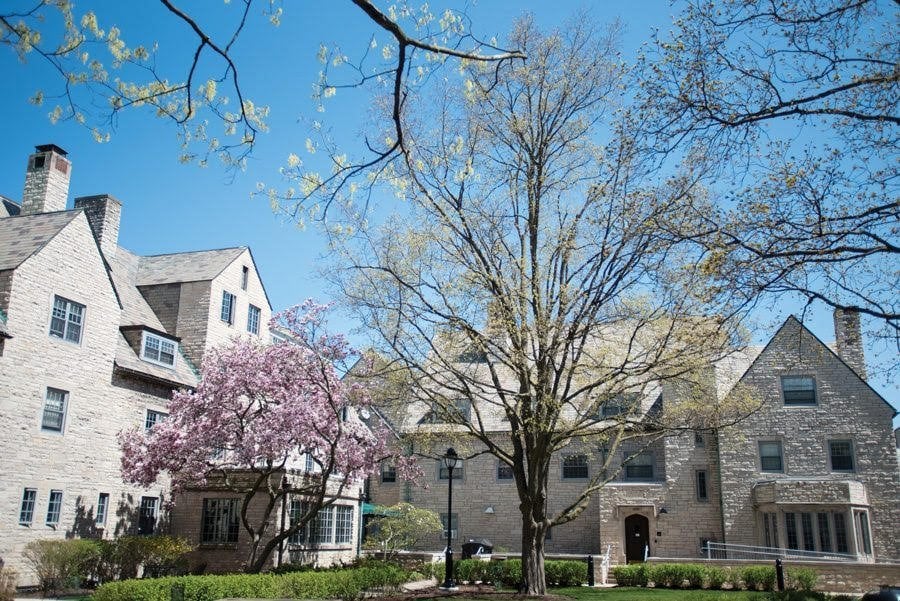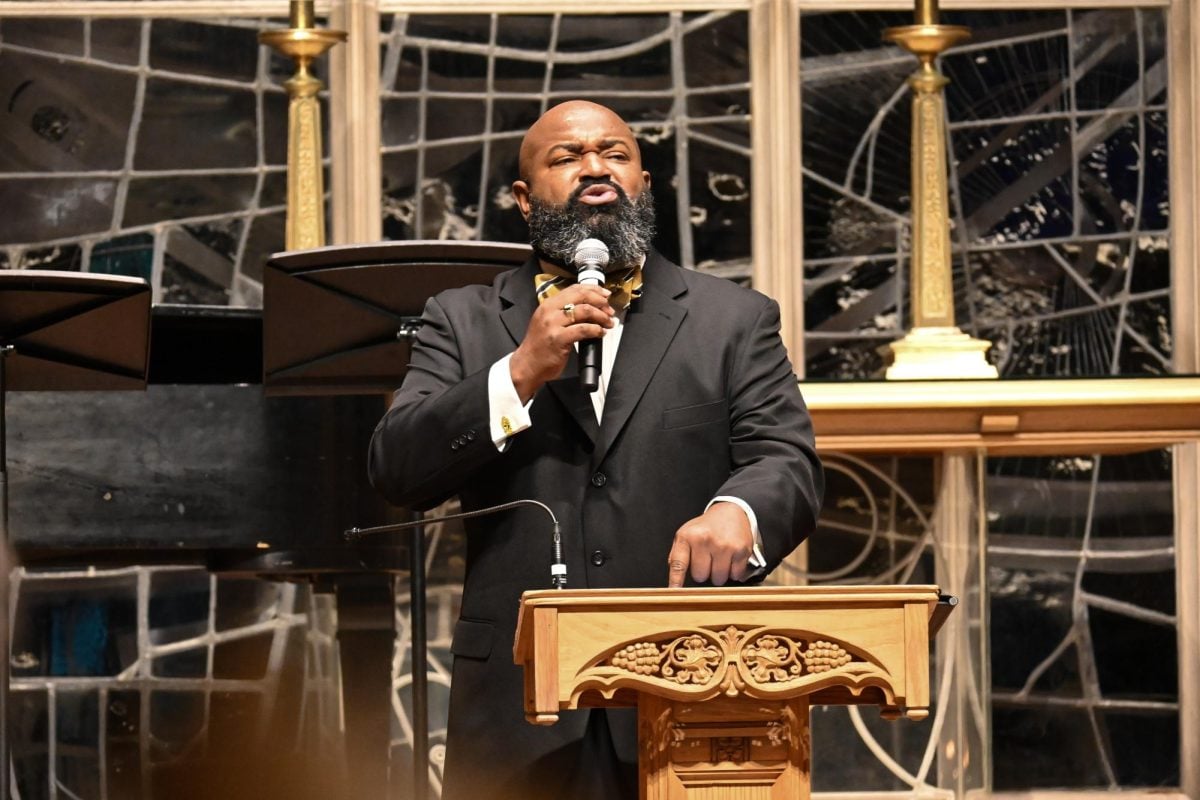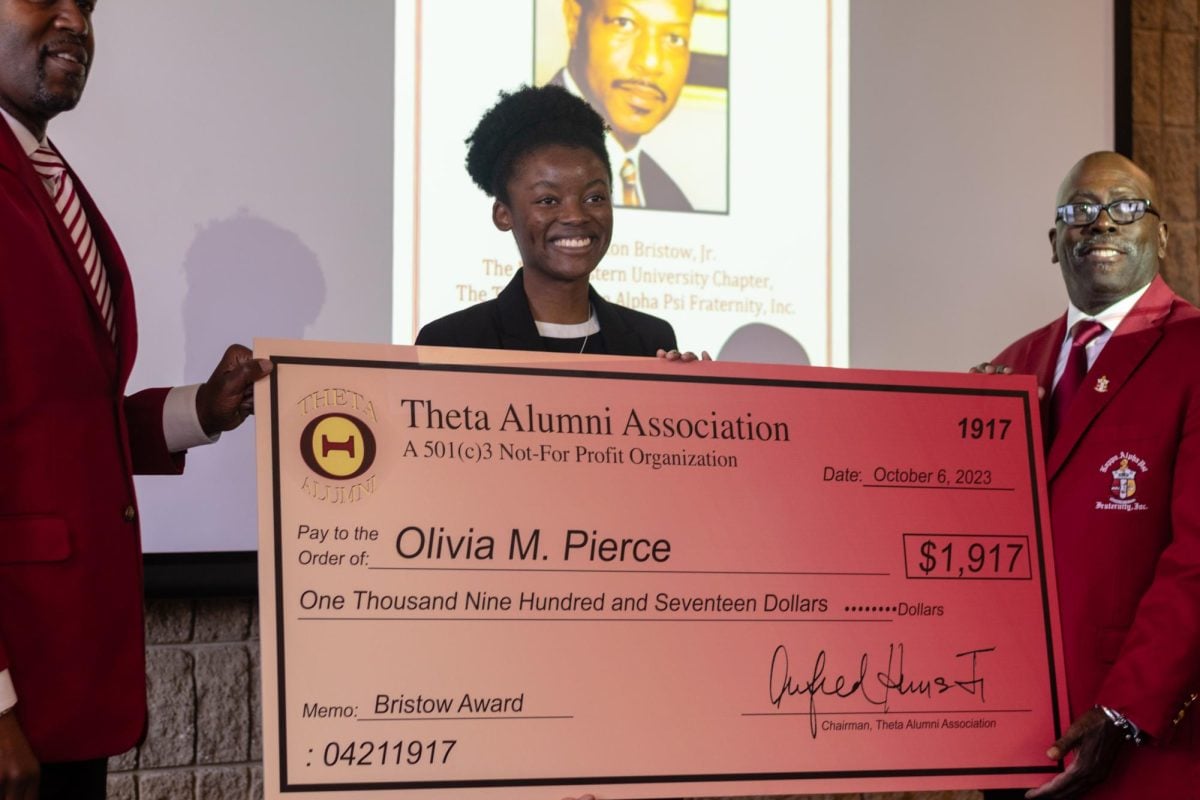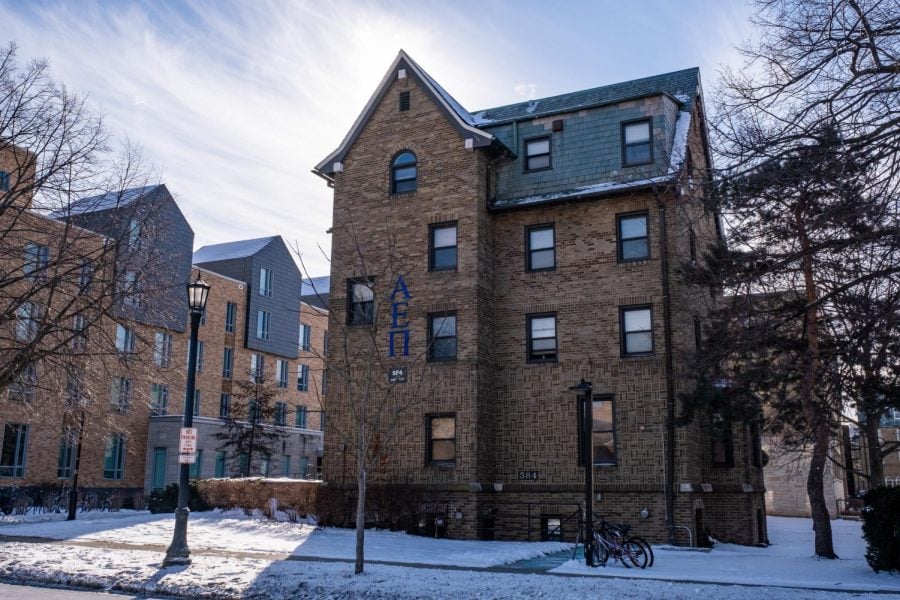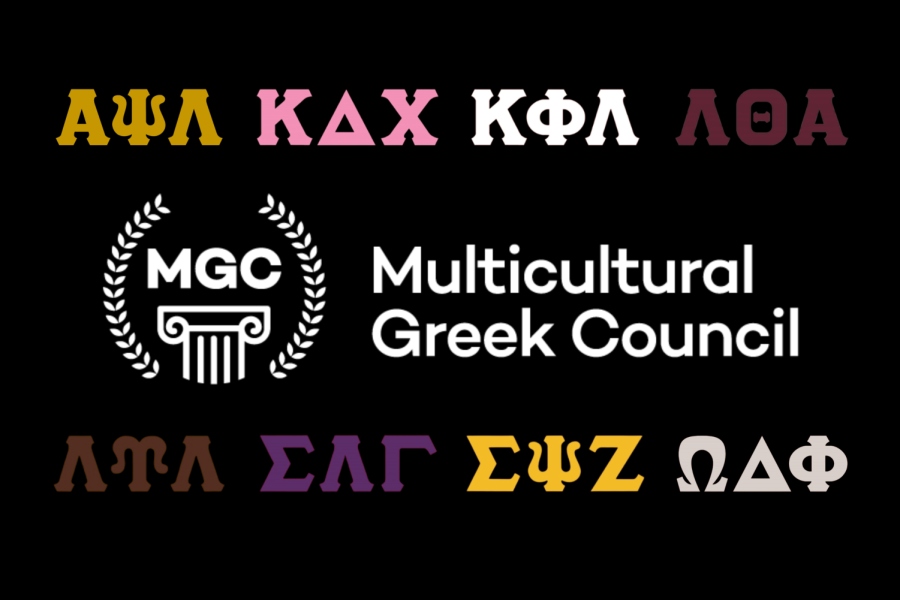As the Multicultural Greek Council marks its 10th anniversary this year, the smallest and newest Greek council at NU is looking to add two new Latino-interest chapters. For the five-chapter organization, it would mark a significant expansion.
Originally composed of three chapters, the MGC has grown to include two Asian-interest sororities, two Latina-interest sororities and one multicultural fraternity over the past decade.
“I think it’s amazing,” said Communicaton senior Michael Belmonte, former MGC president. “Even in my four years here I’ve seen so much growth.”
But the MGC has faced its fair share of difficulties, with two of its chapters folding – one because of a lack of interest, the other due to a hazing incident that snagged local headlines. Visibility also remains a challenge for the MGC, which prides itself on the intimate, culturally-based community it offers its members, similar to that of the historically black National Pan-Hellenic Council. At the same time, the MGC realizes the need to continue improving on historically uneven relationships with the Interfraternity Council and the Panhellenic Association.
MGC leaders say the organization fills an important void on campus, though all campus Greek organizations are technically open to all students, regardless of their racial or ethnic backgrounds.
“There was a need; there was a gap in the Greek life,” said former MGC president Andrea Lopez (Comm ’10). “I’m really proud of how vibrant it is and how much growth we’ve seen over the last 10 years.”
Connecting with other councils
MGC and NPHC members recognize the similarities between their organizations: Both are relatively small in both chapter and council size, and both have diverse roots and close ties to cultural communities on campus.
In contrast, there are 12 PHA sororities and 17 IFC-recognized fraternities.
Each spring the MGC and the NPHC hold a joint barbecue, and the two councils collaborate on a number of social and philanthropy events, said Dallas Wright, president of Kappa Alpha Psi, an NPHC fraternity.
“We come from the same tradition of exclusion, and at the same time even the very little nuanced rituals of our organizations are similar,” the Medill senior said.
However, establishing strong relationships with the other two councils has been a more difficult task. Hazim Ahmad, who finished his MGC presidency last quarter, said though collaborations with the IFC and the PHA have improved over the course of his time at NU, relations have historically been uneven.
“It just takes a lot of initiative on both sides,” the McCormick senior said. “That’s not an easy issue to tackle.”
Following the public exposure of an off-campus party held by NU’s Ski Team last month, in which students dressed in what some students called culturally insensitive costumes to compete in a drinking game known as the “Beer Olympics,” the IFC and the PHA released a joint statement emphasizing their commitment to improving relations with both the MGC and the NPHC.
A.J. Tomiak, vice president of public relations for the IFC, said prior to the Ski Team incident there had been ongoing dialogue about improving collaboration among the councils. Those conversations came to a head this past April at the Greek Leadership Retreat, a weekend bonding trip to Madison, Wis., for all Greek council board members and chapter presidents.
He said the nature of the Ski Team party, which was attended by some IFC members, caused the council to reevaluate some of its own past events and gave further credence to the need to improve intercouncil relations.
“Even though the Ski Team’s actions – the whole issue – wasn’t directly pinned on us, we definitely felt like we needed to say something because we did recognize that there are things in our community that we can improve upon,” the SESP sophomore said.
A decade in the making
The MGC was established at NU in spring of 2002 through the efforts of the multicultural fraternity Omega Delta Phi and the Latina-interest sororities Sigma Lambda Gamma and Lambda Theta Alpha.
The council grew to five chapters over several years, with the addition of two Asian-interest sororities, Kappa Phi Lambda and Sigma Psi Zeta.
With the potential addition of two Latino-interest fraternities, Lambda Upsilon Lambda and Sigma Lambda Beta, the MGC is looking to match the size of the NPHC, the traditionally black Greek council that currently boasts seven chapters.
The growth of the MGC has allowed the council to participate more fully in the Greek life on campus and engage with broader communities, said Isa Pasbakhsh, current president of the MGC.
“Before we were worried about the quantity, but now we can have the quality events that haven’t been seen in the past because we’re tapping into the resources and the networks that we have created through the years,” the Weinberg sophomore said.
The Association of Fraternal Leadership & Values commended the council’s efforts this past February. The MGC won accolades in all six of the categories used to evaluate multicultural Greek councils across the country and was runner-up for the Council Award for multicultural councils.
Learning from the past
However, the expansion of the MGC has not been without obstacles.
In 2008, the Asian-interest fraternity Lambda Phi Epsilon, established at NU in 1997, lost its charter and received a four-year suspension from the NU campus following a series of alleged hazing incidents, according to Daily archives. Pledges of the larges
t MGC chapter at the time were forced to drink two gallons of ketchup and Tabasco sauce as part of their “Drink ‘Til You Drop” initiation.
Another Asian-interest fraternity, Pi Delta Psi, folded in 2011 after failing to attract enough members during the four quarters it was on campus. The organization was never officially established as a chapter at NU.
To foster the MGC’s growth during her 2009-2010 term, Lopez began uniting the MGC chapters and engaging them with the broader NU community through events such as MGC Week, an MGC retreat in the fall and council-wide community service days.
“It was more about establishing our brand, getting our names out there,” Lopez said.
The MGC continues to get its name out every fall with the Yard Show, a small step-dancing showcase, and through “neophyte shows,” which individual chapters hold to introduce recently inducted members to the NU community.
Following Lopez’s term, Belmonte, who served as the 2010-2011 MGC president, switched the focus to improving the structure and communications within the council. He said streamlining council procedures and increasing transparency helped the chapters within the MGC become more unified.
“Internal growth has been remarkable,” Belmonte said. “We came from having no foundation when it was just a few of the organizations, but now we have the same type of constitution that any other organization can have.”
The council’s growth has given it some weight at the administrative level. In 2008, the Office of Fraternity and Sorority Life appointed a full-time adviser to supervise the operations of the MGC.
The MGC now also participates in the OFSL’s annual Greek Leadership Retreat and pays greater attention to the group’s programming.
Ben Hernandez (McCormick ’06), a former MGC president, said attending the 10-year anniversary banquet made him appreciate how much the council has developed over the years.
“I can tell how much the organization has evolved since I was involved with it,” said Hernandez, who is currently on campus completing a joint degree with Kellogg and the Law School.
A different Greek experience
Multicultural Greek life at NU differs significantly from the more widely known practices of the IFC and the PHA. With five chapters that average 13 members each, the MGC offers a closer, more tight-knit community for its members, Pasbakhsh said.
“PHA is so large in chapter size and on campus, and I didn’t think I would get the individual attention that I wanted,” she said.
Other differences between the MGC and larger councils include lower dues, no on-campus housing and a much more private rush process. In contrast with the highly publicized rush weeks for the PHA and IFC, initiations into MGC chapters are largely secretive processes that usually occur over the course of eight to 10 weeks. MGC members declined to comment on how the rush process generally works for them.
The MGC provides an umbrella organization for the chapters, which are fundamentally different from other Greek organizations. Hernandez said the smaller memberships and different recruitment processes made them incompatible with the IFC and PHA. The MGC chapters bear a much closer resemblence to the NPHC. MGC chapters provide support systems for culturally based groups, Pasbakhsh said.
Allison Hung, vice president of operations for the MGC and member of the Asian-interest sorority Sigma Psi Zeta, said the cultural programming associated with her chapter allows her to collaborate with a variety of other groups on campus and promote Asian awareness.
“As Asian women, we’re kind of like the double minority,” the Weinberg sophomore said. “It’s really cool because we get to do a lot of things, people have leadership potential and we just really empower ourselves as women.”

